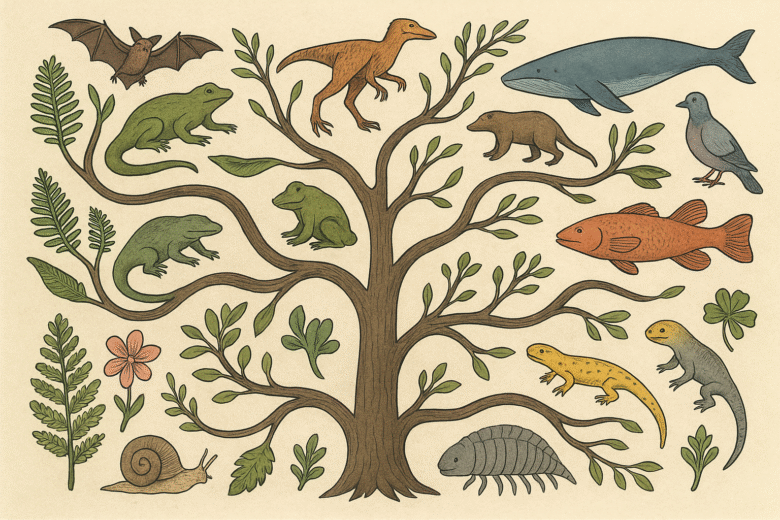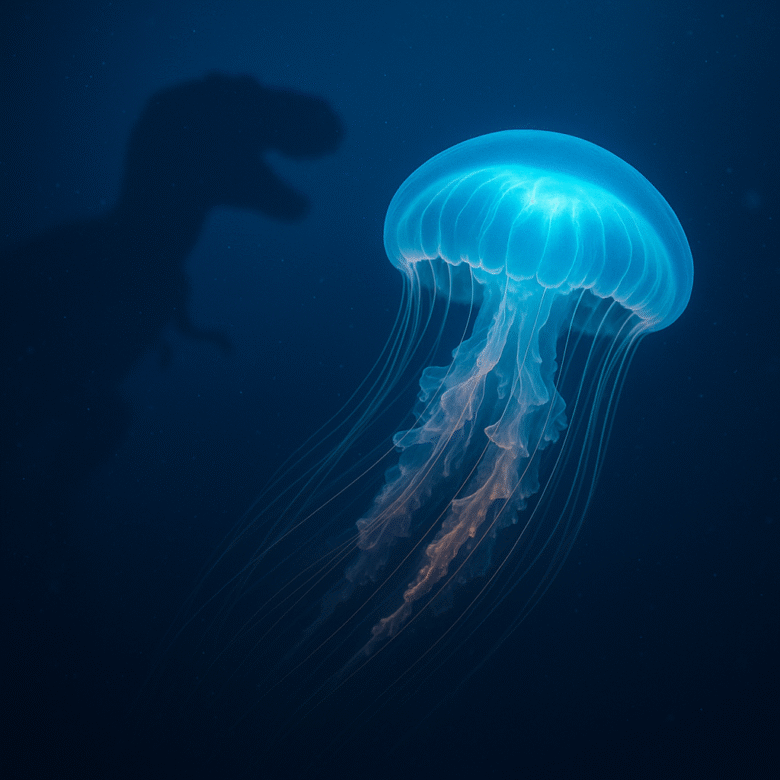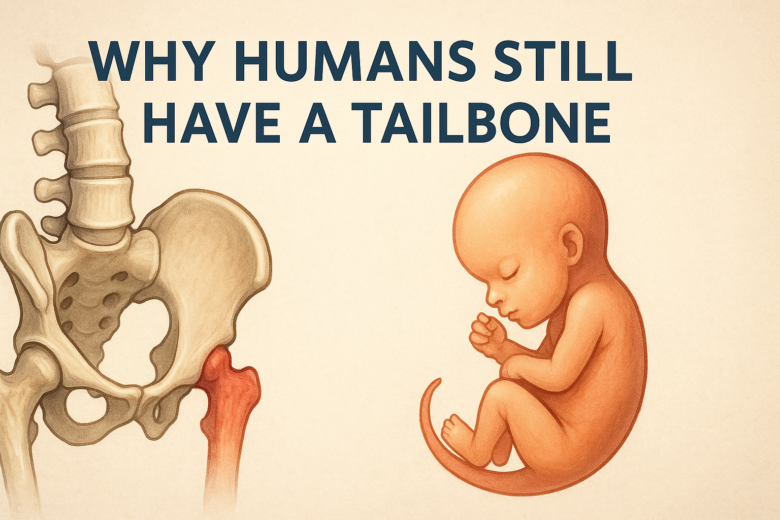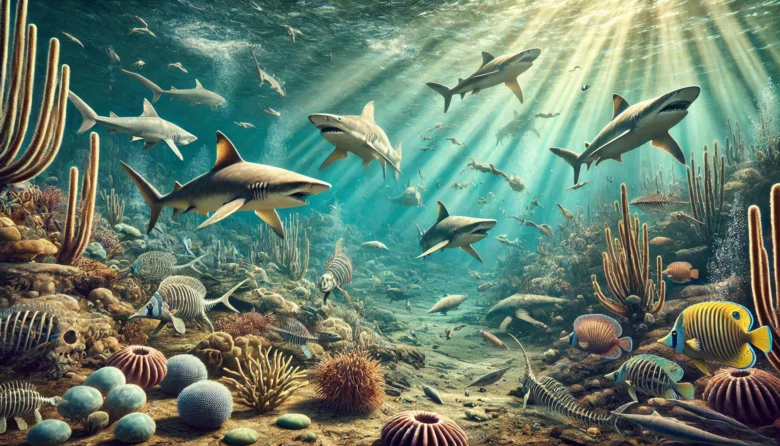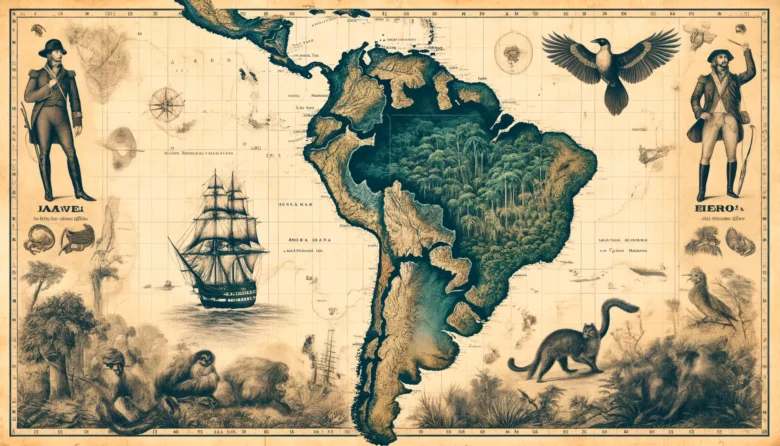Fun fact: even newborns prefer looking at faces to scrambled shapes—suggesting our brains are wired to recognize meaning, relationships, and narrative almost from birth. But why do humans tell stories? Why did our ancestors gather around fires to pass down tales of hunts, gods, love, loss, or tricksters? The title of this piece—“Why Humans Tell …
Did you know that whales once walked on land with four sturdy legs? That’s right—the largest creatures in the ocean today were once furry, hoofed animals roaming ancient riverbanks. This fun fact isn’t just trivia; it’s a reminder of a bigger truth: evolution isn’t linear. We often imagine evolution as a neat staircase—fish turn into …
Fun fact: Jellyfish have been floating through Earth’s oceans for more than 500 million years—long before dinosaurs ever stomped the land. Dinosaurs, with their massive bodies and razor-sharp teeth, dominated Earth for nearly 165 million years. And yet, they vanished in a flash when an asteroid hit about 66 million years ago. Jellyfish, delicate and …
Fun Fact: Your tailbone—yes, the little bump at the end of your spine—is all that remains of the tail you lost millions of years ago. Let that sink in: you, a sophisticated Homo sapiens with smartphones and streaming subscriptions, are walking around with a biological souvenir from your tail-wagging ancestors. It’s easy to assume evolution …
Imagine a world teeming with ancient creatures swimming through prehistoric seas while the land remains barren and tree-less. Now, picture sharks—those sleek, fearsome predators of the ocean—roaming these waters long before trees made their first appearance on Earth. Surprised? You’re not alone. This jaw-dropping fact reveals the astounding antiquity of sharks, which have been swimming …
Ever wonder how life evolved from single-celled organisms to the vast biodiversity we see today? The answer lies in genetic mutation and evolution. These two processes are fundamental to the development of all life forms on Earth, shaping everything from the tiniest bacteria to the most complex creatures like humans. In this blog, we’ll dive …
Today, on the 26th of April, we commemorate an extraordinary departure that took place in 1848, when two ambitious Welsh botanists, Alfred Russel Wallace, and Henry Walter Bates, embarked from Liverpool, England, bound for the vast, uncharted wilderness of the Amazon, South America. Their goal was to explore and document its teeming natural history, but …
In the sweltering summer of 1925, a small town in Tennessee became the focal point of a national debate that would echo through the annals of American history. The Scopes Monkey Trial, as it came to be known, wasn’t just a legal skirmish over teaching Darwin’s theory of evolution—it was a profound cultural and philosophical …


